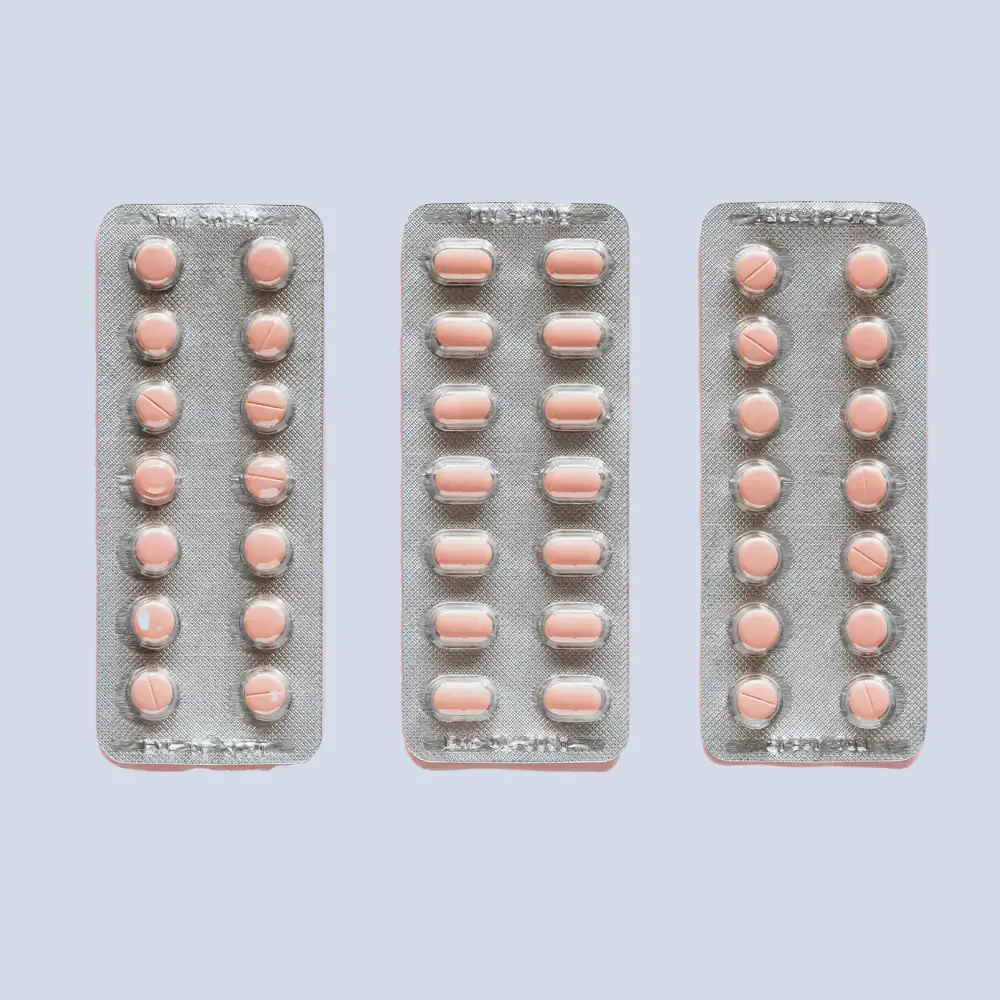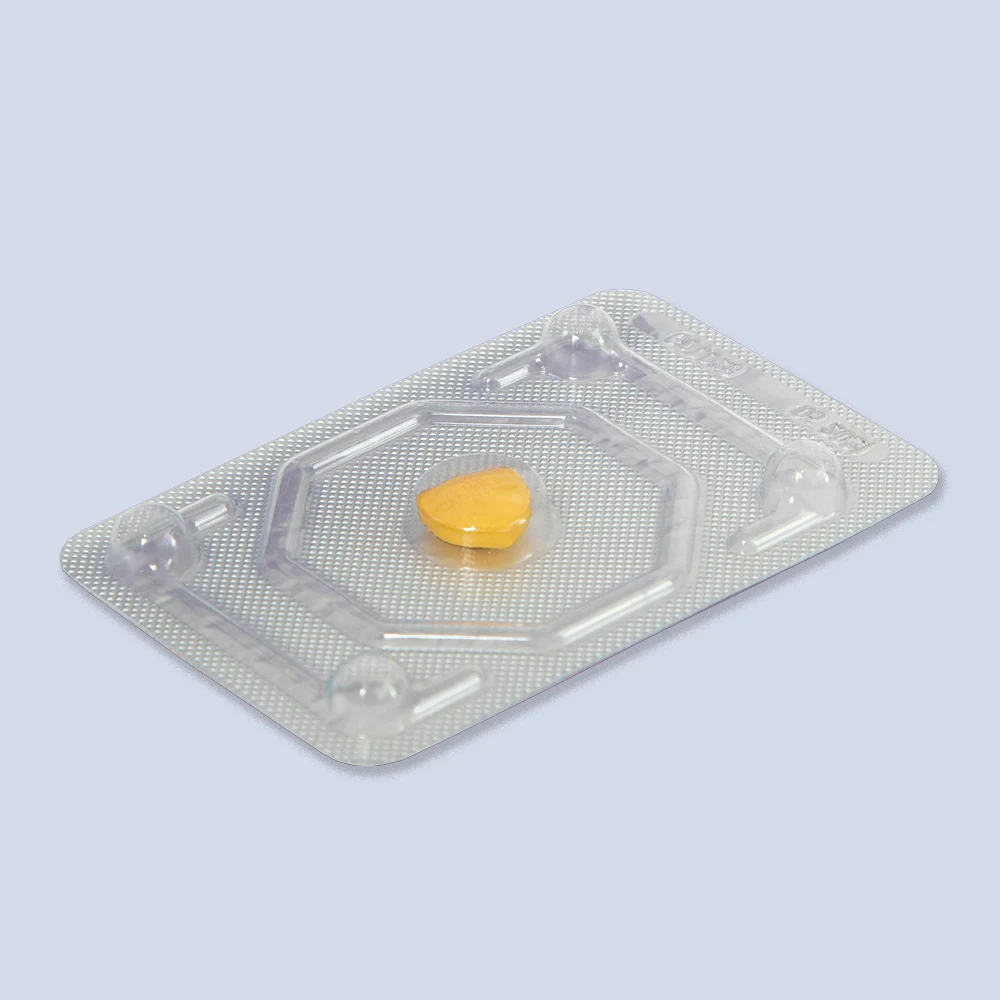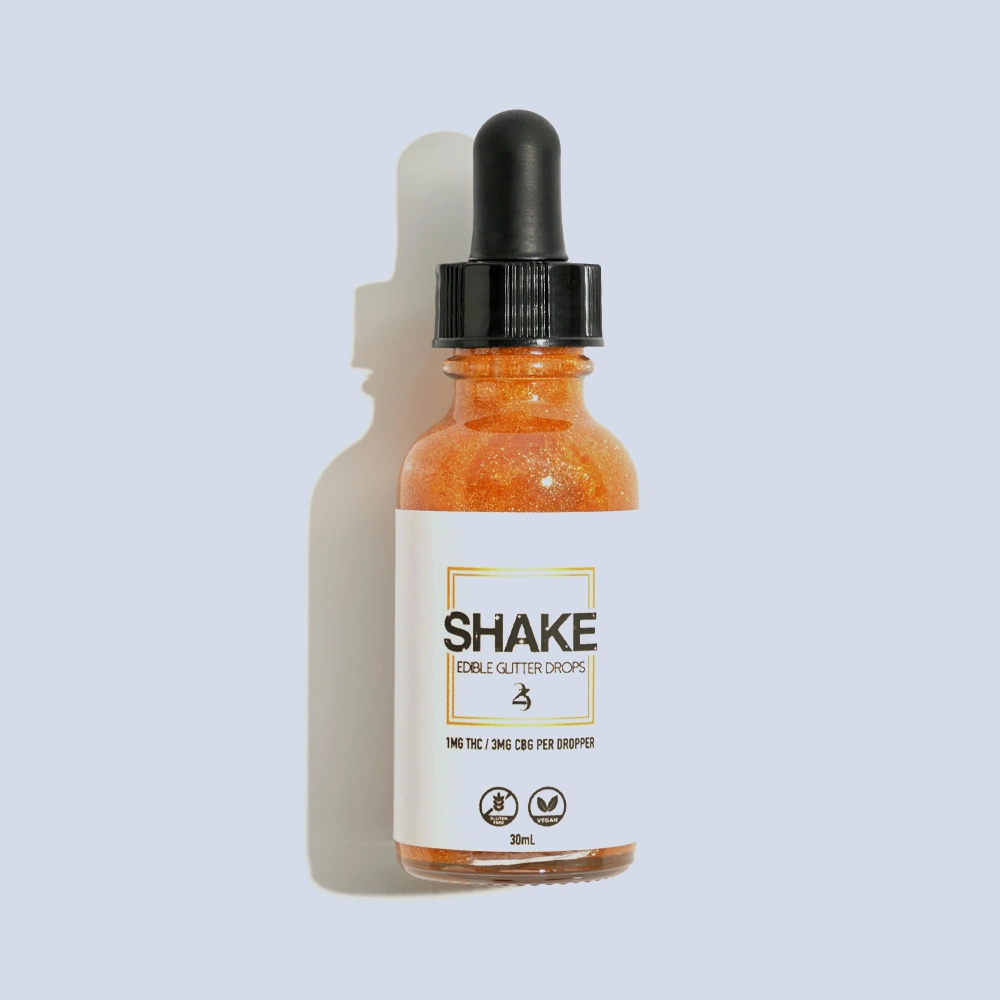Your cart is currently empty!

In today’s world, prioritizing health and safety has become paramount. Whether navigating crowded spaces in Kathmandu or simply going about our daily routines in Bagmati Province, having the right health products readily available can provide a crucial layer of protection and peace of mind. From combating the spread of germs to managing minor ailments, a well-stocked supply of essential health products is a proactive step towards safeguarding our well-being and the health of those around us. This article explores some key categories of these vital items and their importance in our everyday lives in Nepal.
Beyond immediate health concerns, the consistent use of essential health products contributes to a broader culture of hygiene and preventative care within our communities. By making these products accessible and understanding their proper use, we can collectively reduce the risk of infections and promote a healthier environment for everyone in Kathmandu and beyond. Embracing these everyday essentials is an investment in our individual and collective well-being, empowering us to live healthier and safer lives.
The Importance of Hand Hygiene
Maintaining clean hands is one of the most effective ways to prevent the transmission of infectious diseases. In a bustling city like Kathmandu, where we frequently interact with various surfaces and people, having access to reliable hand hygiene products is crucial. This includes carrying a quality hand sanitizer with at least 60% alcohol content for those times when soap and water are not readily available. At home and in workplaces, stocking up on effective hand soaps and encouraging frequent handwashing, especially after being in public places or before eating, plays a significant role in reducing the spread of germs
Lean meats, fish, beans, lentils, and nuts are excellent sources. Healthy fats, such as those found in avocados, olive oil, and fatty fish, are indispensable for hormone production, nutrient absorption, and protecting organs, dispelling the old myth that all fats are bad.

Essential First-Aid for Minor Ailments
Having a well-equipped first-aid kit at home and even a smaller version for on-the-go in Bagmati Province can help manage minor injuries and ailments effectively. This should include essentials such as antiseptic wipes or solutions for cleaning cuts and scrapes, bandages of various sizes, pain relievers like paracetamol or ibuprofen, and adhesive tape. For those prone to specific issues, such as allergies or insect bites common in certain areas of Nepal, including relevant medications like antihistamines or insect repellent in the kit can provide timely relief and prevent complications.
Water is involved in every metabolic process, regulating body temperature, transporting nutrients, and lubricating joints. Aim for at least 8 glasses of water daily, and even more if you’re physically active or in a hot climate, to keep your body functioning at its peak.



Respiratory Protection and Air Quality
Given the air quality challenges in urban areas like Kathmandu and the ongoing need to protect ourselves from respiratory illnesses, having appropriate respiratory protection is essential. This includes keeping a supply of well-fitting face masks, particularly during times of increased pollution or when in crowded indoor settings. While basic surgical masks offer a level of protection, higher-grade masks like KN95 or N95 can provide more effective filtration. Additionally, considering air purifiers for indoor spaces can further contribute to a healthier respiratory environment, especially for individuals with pre-existing respiratory conditions.
Rigorous testing and monitoring protocols are in place to ensure vaccine safety, and the benefits of vaccination in preventing serious illness, hospitalization, and death far outweigh the minimal risks associated with their administration. Educating ourselves and others with factual information is vital to maintain high vaccination rates and protect public health.
We’re committed to quality, reliability, and your satisfaction—making every shopping experience easy, convenient, and trustworthy.
— Emma Larson










Leave a Reply